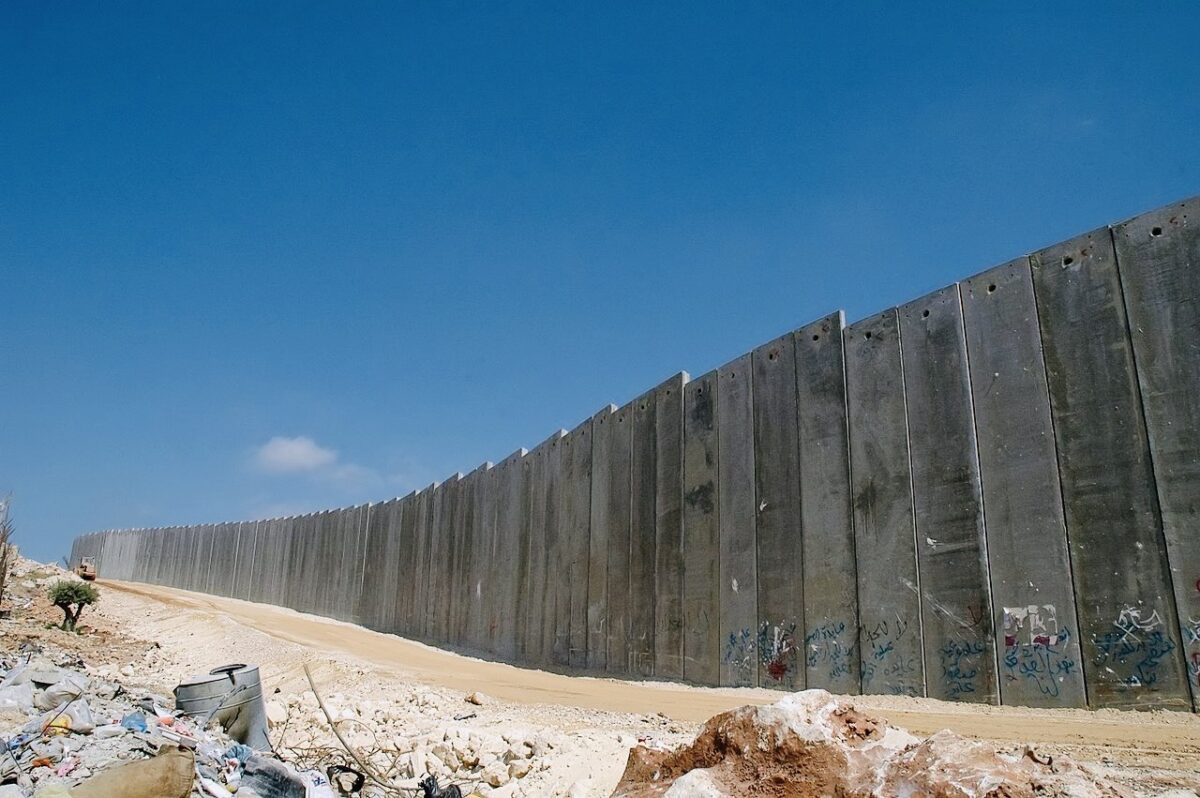General Aviv Kohavi, the chief of staff of Israel’s armed forces, disclosed on April 4 that Israeli forces have foiled 10 terrorist plots in the last two weeks. During the course of Israel’s operations, five Islamic Jihad gunmen in the West Bank town of Jenin were killed and dozens of Palestinians planning attacks were captured. “Even at this moment,” he added,”we are focused on thwarting further attacks.”
Israel went on full alert after Israeli Arab and Palestinian Arab terrorists killed 11 Israelis in separate assaults in Beersheba, Hadera and Bnei Brak in March, one of the deadliest months in recent times.
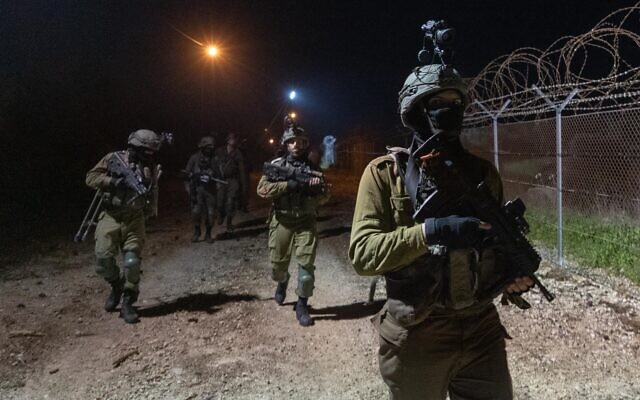
The attack in the Tel Aviv suburb of Bnei Brak was perpetrated by a Palestinian from a village near the West Bank town of Jenin. He snuffed out the lives of five people, including an Israeli Arab Christian police officer who confronted him. How this terrorist crossed into Israel may never be known, since he was killed in a shootout. But this much seems certain. He sneaked into Israel through a gap in Israel’s security fence.
“This is how a terrorist can get from Jenin to Bnei Brak in an hour, with great ease,” complained Israel’s state ombudsman, Matanyahu Englman, last week during a publicized tour of the barrier. “We see here openings through which thousands of Palestinians pass, with and without permits, without any oversight, including the possibility of vehicles entering Israel.”
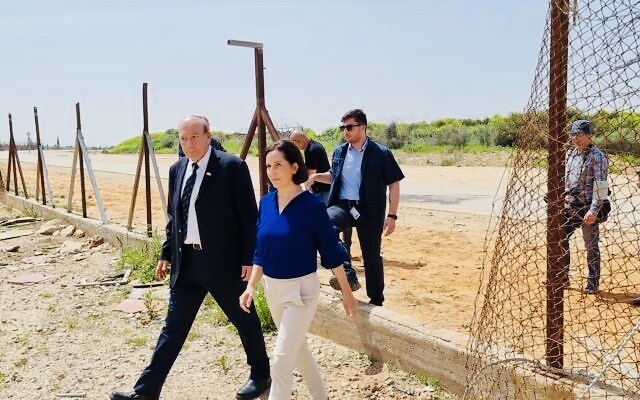
Accusing the Israeli government of permitting the barrier to fall into disrepair, Englman correctly described the abject and inexcusable neglect as a “significant and substantial failure.”
The late Israeli prime minister, Yitzhak Rabin, ordered the construction of the first phase of the barrier after a surge of Palestinian terrorist attacks following the signing of the 1993 Oslo accord.
Rabin sought to establish peaceful relations with the newly-formed Palestinian Authority and the Palestinians themselves, but he was acutely aware that a certain proportion of Palestinian nationalists would never accept Israel’s existence and legitimacy and would ceaselessly attempt to sabotage coexistence by means of terrorism. Hence the need for a separation fence.
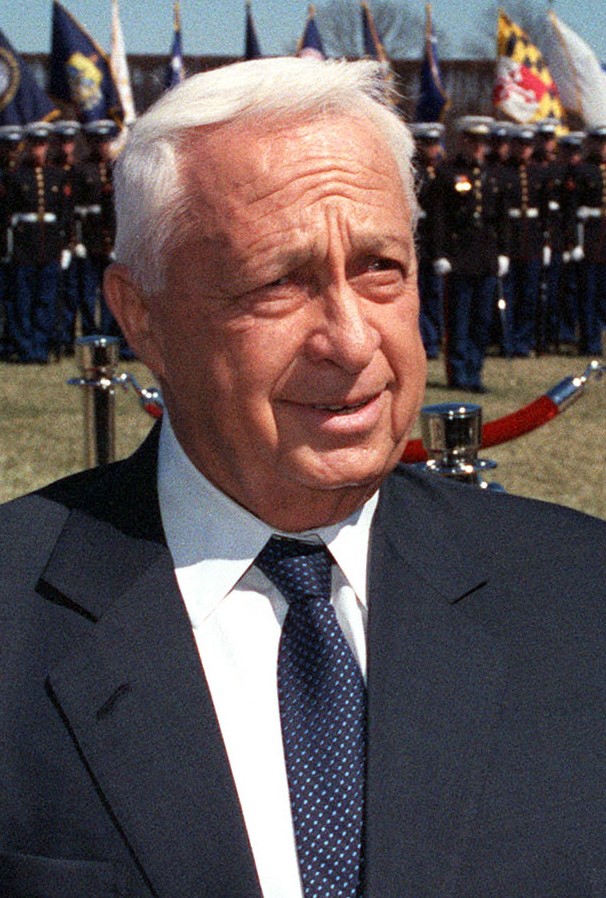
One of Rabin’s successors, Ariel Sharon, accelerated work on the barrier in the wake of the second Palestinian uprising, which resulted in the deaths of more than one thousand Israelis.
The barrier consisted an electronic fence 20 to 50 meters in width, supplemented by a patrol road, a ditch, and barbed wires. In urban settings, especially in Jerusalem, it took the form of a stark and formidable concrete wall.
By all accounts, it proved its worth, keeping some Palestinian suicide bombers far from Israeli cities during the intifada.
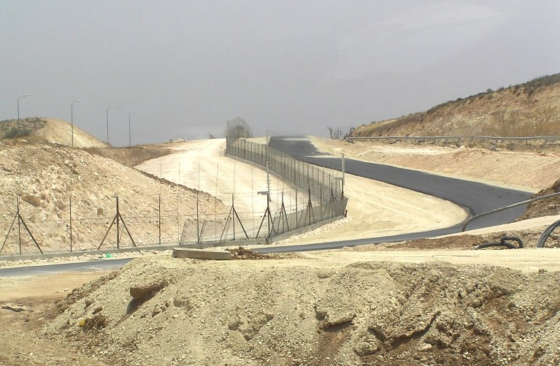
It was supposed to have been 708 kilometres in length, but only 62 percent of it has been built. Much to the understandable consternation of the Palestinians, 85 percent of it is located inside the West Bank, bisecting Palestinian neighborhoods and, in some egregious cases, cutting off Palestinian farmers from their fields.
In all fairness, Israel should have built the barrier in its entirety in sovereign Israeli territory. Be that as it may, Israel was within its rights to build it, since it doubtless saved lives. But for reasons that have yet to be fully explained, 38 percent of it remains incomplete, a source of puzzlement to Englman and other Israelis.
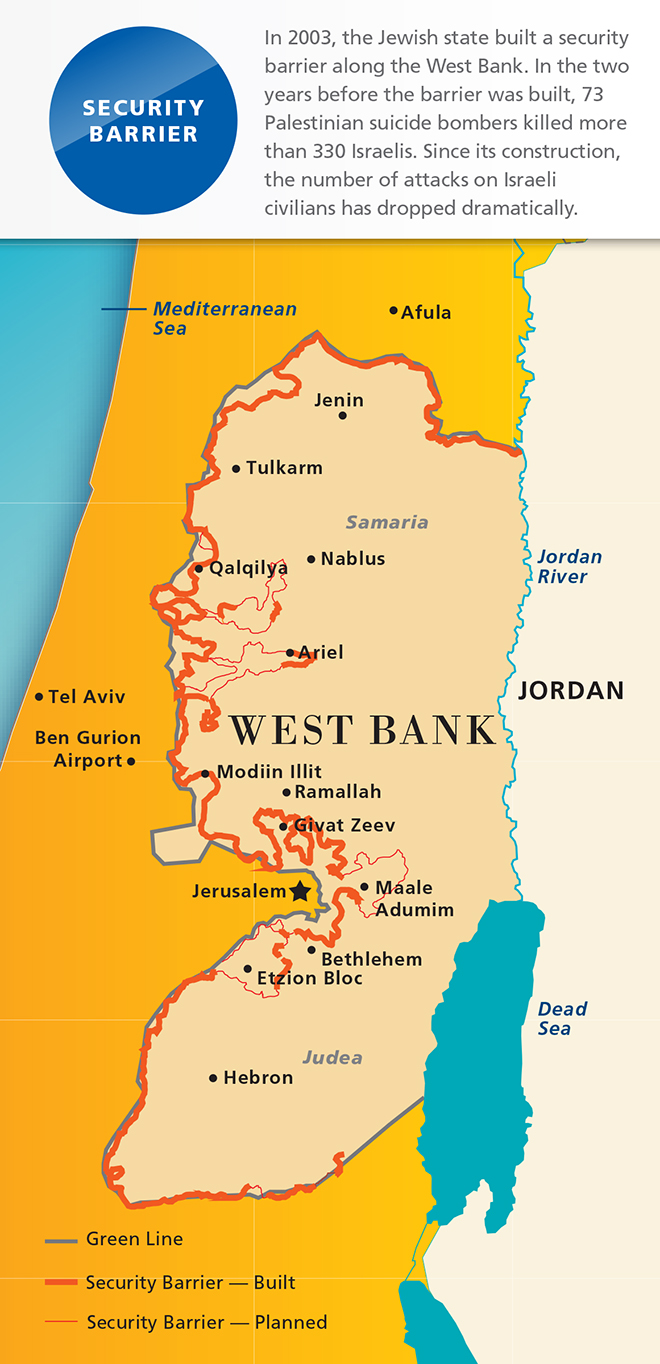
As he suggested, the barrier was and still is a “significant tool” in protecting Israelis from terrorists who seek to kill and disrupt the normal rhythms of life in Israel. That being the case, the breaches should be fixed immediately and the rest of the barrier should be built on an urgent basis.
Prime Minister Naftali Bennett is presumably aware of the deficiencies in Israel’s defences, but he and his predecessors have allowed the barrier to crumble in places. Worse still, they have not extended it.
Several days ago, Bennett announced that $56 million in emergency funding will go to police forces to hire additional personnel and buy 4,000 helmets, 6,500 bullet-proof vests and 40 motorcycles, all in the quest to quash the latest wave of terrorism afflicting the country.
“Strong police equals a strong State of Israel,” he said. “We are working with all tools and in all areas to restore security, and a sense of security to the citizens of Israel.”
Not quite.
Bennett should now turn his attention to belatedly finishing the barrier, which is arguably one of the finest tools in Israel’s toolbox. It will save yet more Israeli lives.
